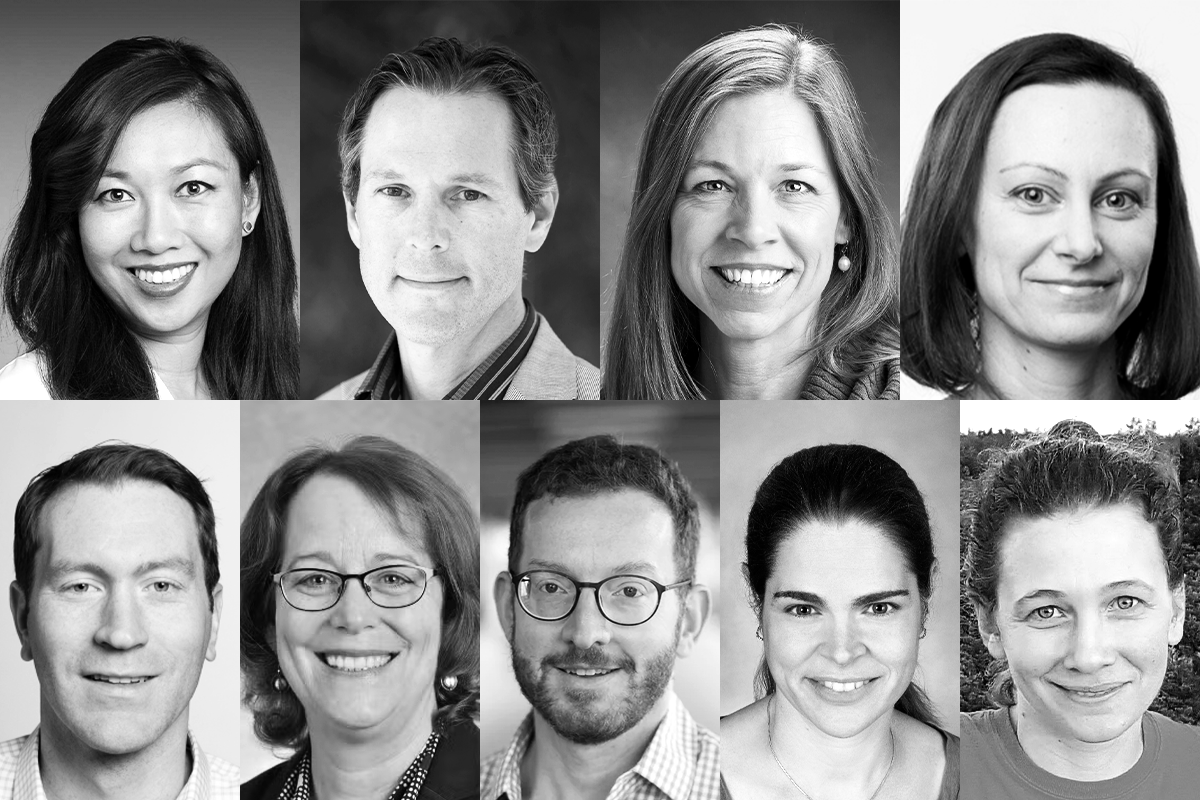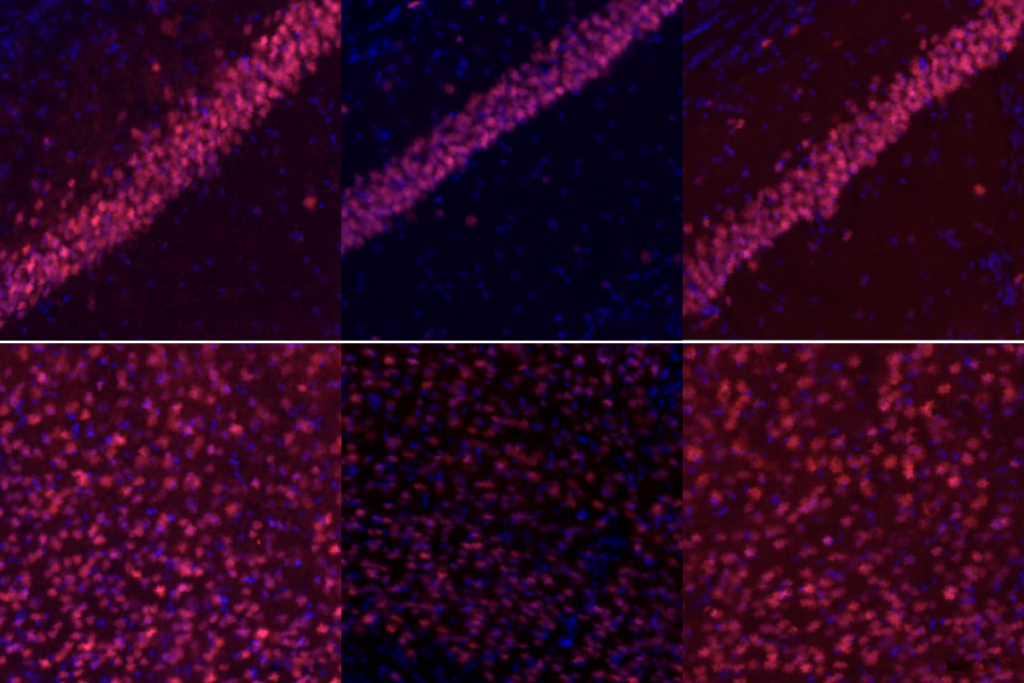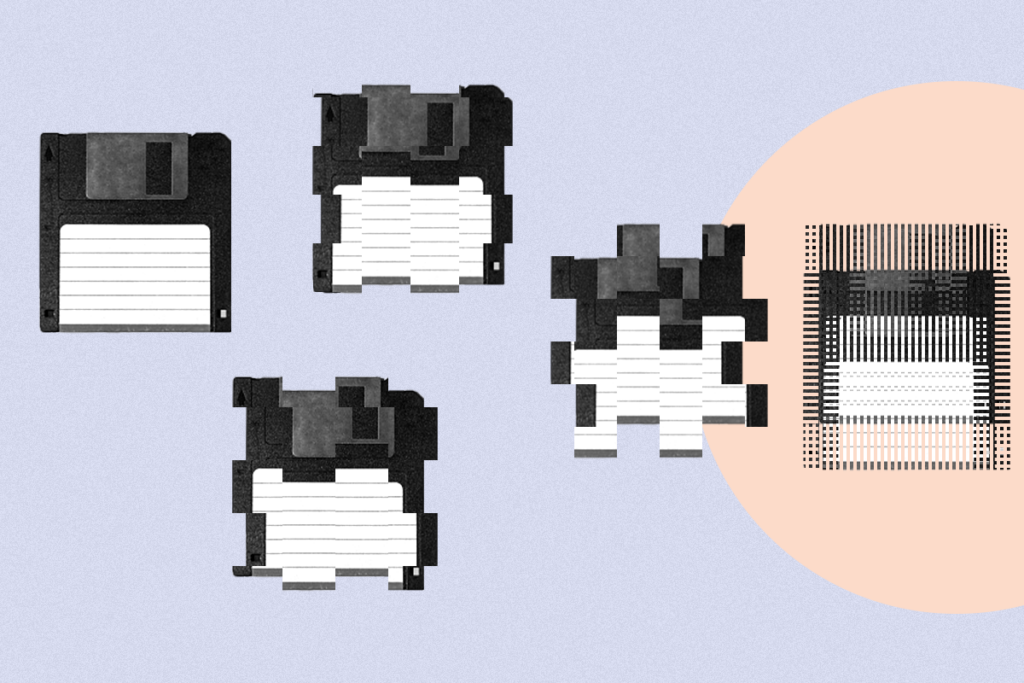Last week, the U.S. Department of Health and Human Services (HHS) announced 13 recipients of grants from the Autism Data Science Initiative (ADSI), a $50 million effort to tap existing datasets to study factors that contribute to autism.
The bulk of the projects plan to examine how environmental factors affect people with different genetic backgrounds. “That’s an area that hasn’t received enough funding or attention,” says David Amaral, distinguished professor of psychiatry and behavioral sciences at the University of California, Davis MIND Institute, who is not one of the grantees.
Two projects are dedicated to validating the models developed by the other teams, replicating their results and assisting them with making their methods reproducible. Those two projects are good additions that “would have been hard to fund otherwise,” says Catherine Lord, George Tarjan Distinguished Professor of Psychiatry and Education at the University of California, Los Angeles, who is not a grantee. (Read more about what some autism researchers think about the ADSI.)
One exciting aspect of the effort is the large sample sizes—from 1,400 to 2.7 million participants—of the datasets being used, says grantee Douglas Walker, associate professor of environmental health at Emory University. “We’ve seen many different examples of how incorporating environment and exposome research methods into projects can provide a lot of insight into what may be driving human health and disease risk, but in order to do this, we need these large studies. We can’t be looking at populations of 200 or 300 samples.”
The Transmitter spoke with nine of the funded investigators to learn more about their projects. The other four recipients did not respond or were not immediately available for an interview.






